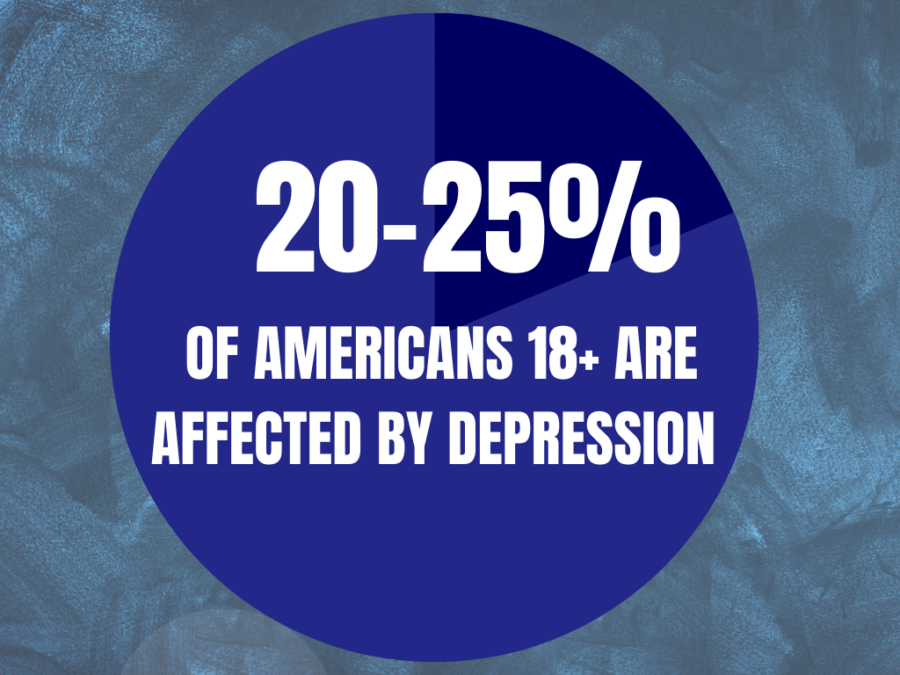An official bill by the Weber State University Student Senate has requested that the standing developmental math and English policies be re-examined. The current policy requires students who have tested into a developmental math or English class (including math classes up to the 1010 level and English classes at the 955 level and lower) to continue enrolling in developmental classes until the minimum developmental requirements have been met for the students’ declared degree program of study.
The developmental holds will still be given to students who have failed to make adequate progress in their developmental classes, but the registration restrictions have been waived for the spring 2014 semester.
The senate cites a variety of statistics that explain the need for a change in policy. According to the official request sent to the President’s Council, 73 students were negatively affected by the policy in the spring 2013 semester. This number only includes those who have contacted senators about the problem.
“While the policies and restrictions laid forth in the APP were, in the opinion of the senate, implemented with the best of intentions to help students reach degree completion, the senate feels that there are a significant amount of unintended consequences that will result in enforcement of the policy as it currently stands, especially with regard to the developmental-only registration hold,” stated the senate in the letter addressing the council.
Kathryn Van Wagoner, developmental math director, explained that the purpose of the policy was to help students, not to hurt their academic chances. “The whole purpose of the APP was to get students to get in, get the math done . . . the longer you put it off, the more you forget. Doing it sooner is better. But we’re not sure if the policy is really doing what they want it do.”
Junior Austin Toney said he is grateful the administration is choosing to look at this policy again. “The original policy has affected me very negatively. I don’t feel like I should be told when to take a class. The reality is I can’t graduate without taking math, so if I choose to put it off to the last minute, so be it. That’s my problem. So I do feel that it is good that this ridiculous three-strike policy is being reviewed.”
Van Wagoner explained that a lot of students wait too long to take their math, and many of them don’t end up graduating. “There are literally hundreds of students in the top years who ignore math — probably because of their concerns about being successful in it — and find themselves with all of their courses done, ready to graduate, except their math.”
She said another issue that was brought to their attention was the increase in total affected students. “The idea was to decrease (that number) . . . and it’s increasing, we’re getting more and more students, so we just kinda want to say, ‘Oh, wait a minute.’”
The student senate feels that the policy will prevent a distinct portion of students from being eligible for “a wide variety of academic programs, support networks, financial aid programs and scholarships, and other resources intended to help student retention and completion.”
Van Wagoner said she didn’t know if the policy would be completely revised or undergo something less. “I have no idea. I don’t know where it’s going to go.”
Thomas Judd, special event assistant for University Advancement and the marketing director of the WSU Student Association, was instrumental in obtaining information about the number of affected students. Judd said he feels the policy hurts a student’s chances of graduating.
“Ultimately there’s a large number of students that, for whatever reason, aren’t advancing through developmental math the way they ‘should’ be advancing,” he said. “Whatever the reason may be, students are being restricted to only register for developmental math until they pass 1010. In theory, this would be a great idea, because it would mean students are advancing, learning and thriving. But instead, it’s evident that in many cases . . . students are transferring to other universities, paying for off-campus programs like AcerPlacer, or just simply dropping out of college. We need to keep our students on our campuses. We should be able to learn at Weber, not be punished for not being up to speed. That is why I am supporting our student senate in this endeavor.”
The developmental math department is taking strides to address the growing issue of student failure rates in its classes. In addition to the Flipped classes presented last year, the department is also offering a new course that combines Math 990 and Math 1010 to help students finish faster. The class, entitled Pathway to Contemporary Mathematics, requires a 990 level Accuplacer score, and only has one section offered in the spring 2014 semester.
“It’s going to be a very different course . . . it doesn’t have as linear an approach, and you don’t repeat a lot of what you’ve done previously,” Van Wagoner said. “This math is more applicable to students who are not going into science, technology, engineering and math fields.”




















